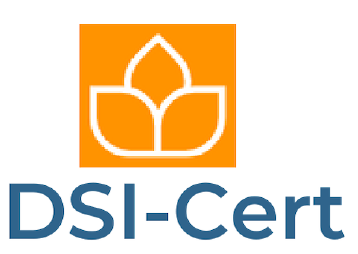In a world defined by complexity and change, integrity stands as an unwavering cornerstone of character and behavior. Rooted in honesty, ethics, and consistency, integrity is not just a virtue; it’s the essence of how individuals and organizations operate, impacting relationships, reputations, and societal progress.
Defining Integrity: Integrity encompasses steadfast adherence to moral and ethical principles, regardless of external influences or circumstances. It involves being truthful, transparent, and honorable in all actions, even when no one is watching.
The Role of Integrity:
- Trust Building: Integrity is the bedrock of trust. When individuals and organizations consistently act with integrity, they establish credibility and earn the trust of those around them.
- Ethical Compass: It guides decision-making, ensuring choices align with values and principles.
- Reputation: Integrity shapes reputations, influencing how others perceive and interact with individuals and businesses.
- Accountability: An integral part of integrity is taking responsibility for actions and their consequences.
- Longevity: Integrity sustains relationships and success over the long term.
Integrity in Practice:
- Honesty: Communicate truthfully and transparently, even when faced with challenges.
- Consistency: Align actions with words and adhere to ethical standards consistently.
- Respect for Others: Treat others with fairness, empathy, and consideration.
- Accountability: Acknowledge mistakes and take corrective action without hesitation.
- Ethical Decision-Making: Prioritize moral values over short-term gains.
Integrity in Business:
- Customer Trust: Businesses that prioritize integrity build loyal customer bases founded on trust.
- Employee Morale: A culture of integrity fosters employee loyalty, engagement, and pride.
- Ethical Leadership: Leaders who embody integrity inspire teams and set ethical standards.
- Sustainable Success: Businesses with integrity maintain a positive reputation, attracting partners and customers.
Challenges to Upholding Integrity:
- Temptations: External pressures may challenge one’s commitment to integrity.
- Complex Situations: Ethical dilemmas may arise where clear choices are not evident.
- Short-Term Gain: The pursuit of immediate benefits can sometimes lead to compromises.
Cultivating Integrity:
- Self-Reflection: Regularly assess values and actions to ensure alignment.
- Ethical Education: Learn about ethical principles and decision-making frameworks.
- Peer Influence: Surround yourself with individuals who value and uphold integrity.
- Leadership Example: Leaders must exemplify integrity to set a positive tone.
Integrity’s Lasting Impact: Integrity transcends personal gain and leaves a profound legacy. Its ripple effect extends beyond immediate interactions, contributing to a more ethical, trustworthy, and harmonious society. Upholding integrity is a conscious choice that fosters respect, unity, and enduring success.





